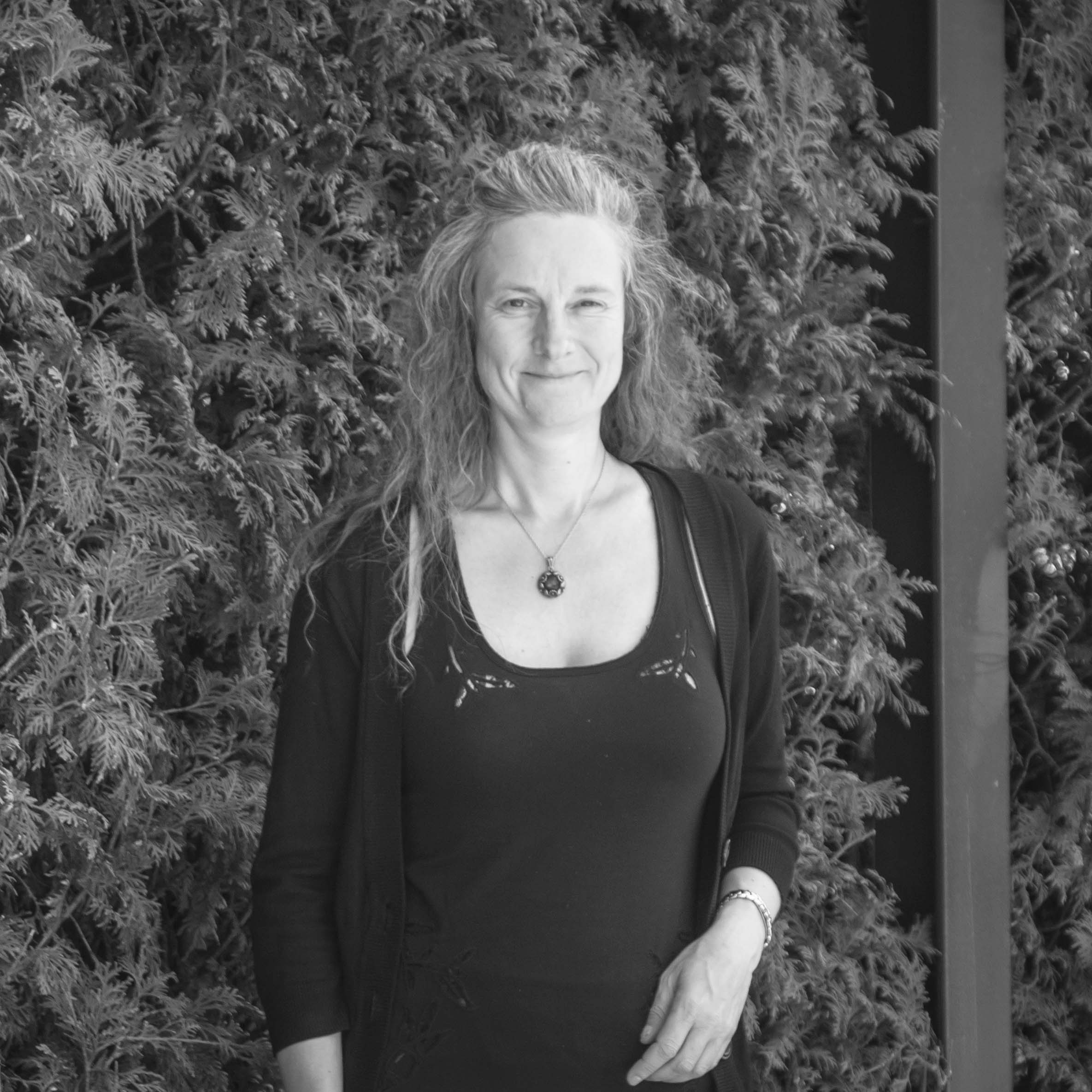
[Photo: Katrina Kramena]
 Download a PDF of the 2015 WSLA Awards.
Download a PDF of the 2015 WSLA Awards.
“Staying in touch with one’s original vision and motivation, and nurturing that motivation, is important to be able to manifest the desired change.”
Klingenberg, a registered architect in Germany, built her first Passive House in Urbana, Illinois in 2003 and followed it up with three more for first-time low-income homebuyers. She founded PHIUS in 2007, which provides certification programs for architects and construction professionals as well as annual conferences. What does she say about leadership?
“Keep the eye on the prize,” she says. “PHIUS’ mission—to reduce carbon emissions from buildings to globally agreed-upon limits—looked daunting 10 years ago, and to some it still does. But we are obligated to try. Staying in touch with one’s original vision and motivation, and nurturing that motivation, is important to be able to manifest the desired change. So is learning from mistakes and being kind to oneself, taking responsibility and committing to doing it better next time.
“Stay flexible and open to creative and maybe unusual solutions. Sometimes they are the best ones. Remembering that the carbon reduction challenge—especially in the building sector—is not a sprint but a marathon. In 2012, we had a dozen certified projects. Today we have hundreds. Each was a critical steppingstone to a critical transition. Getting committed, self-motivated, resourceful, and talented people on the team is priceless. Teamwork is clutch.”
Klingenberg credits her mother Ingrid for inspiring her career path. And she cites Amory Lovins (of the Rocky Mountain Institute) as someone of impact. “His vision has the potential to increase resource efficiency not only in technical terms but on a whole systems basis by uncovering existing synergies on all levels. He helped me to see another way, the alternative to constant growth, which in the beginning seemed totally counterintuitive. His writings create a significant shift in how we think about energy and how we can generate and provide for energy needs without continuing to deplete our resources.”
